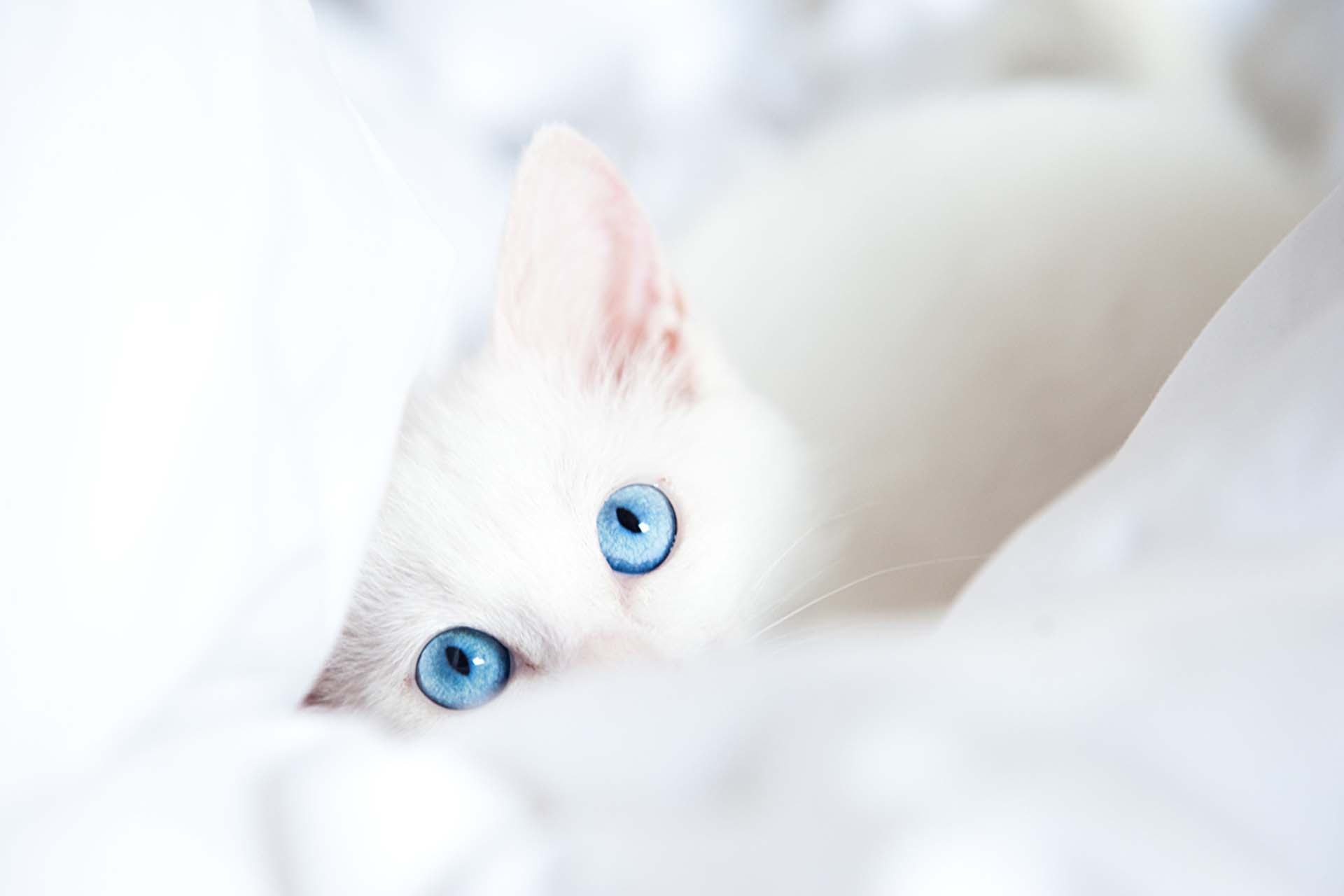Resolving pet ophthalmic problems
Serious consequences to a pet's vision can sometimes be avoided by the vigilance of the caregiver. Pay attention to the condition of the pet's eyes, their mucous membranes, and blink rate. Notice if the pet's eyes are not normal? It's worth checking concerns with a veterinary ophthalmologist as soon as possible.
The pet will undergo the necessary examination, after which the appropriate treatment will be administered. If you need a specialized animal eye clinic in Los Angeles, know this: state-of-the-art diagnostic methods, the best specialists, and affordable prices are concentrated at Veterinary Hospital Animal Clinic International.
Why is it important to treat eye injuries and diseases?
Vision is an element of existence, without which an animal's life cannot be called fulfilled. When the ability to see the outside world is impaired, the pet is less able to orient himself, he is not able to play with you as he used to. The most common damage to the eyes is caused by these factors:
- Fire and sparks.
- Strokes.
- Foreign bodies.
- Harmful substances.
- Pathological changes.
- Infections.
To maintain the high quality of life of four-legged friends, there is animal ophthalmology. Professionals in this field effectively treat patients for eye diseases and help recover from injuries.
The special features of ophthalmology at Veterinary Hospital Animal Clinic International
It is impossible to determine the exact cause of a problem by examining the eyeball and assessing the patient's mucosa. Our veterinary ophthalmologist uses a list of methods to make a correct diagnosis:
- Measurement of intraocular pressure.
- Examination of lacrimal fluid.
- Checking the patency of the nasolacrimal duct.
- Conducting an ultrasound examination of the eyeball.
Does your pet have watery eyes, pus or other abnormalities? Did the pet fall, get hit by a car, or have a fight with another pet that resulted in an eye injury? Don't waste time treating it yourself and call our veterinary hospital. We are ready to provide ophthalmic care in both routine and emergency situations.


